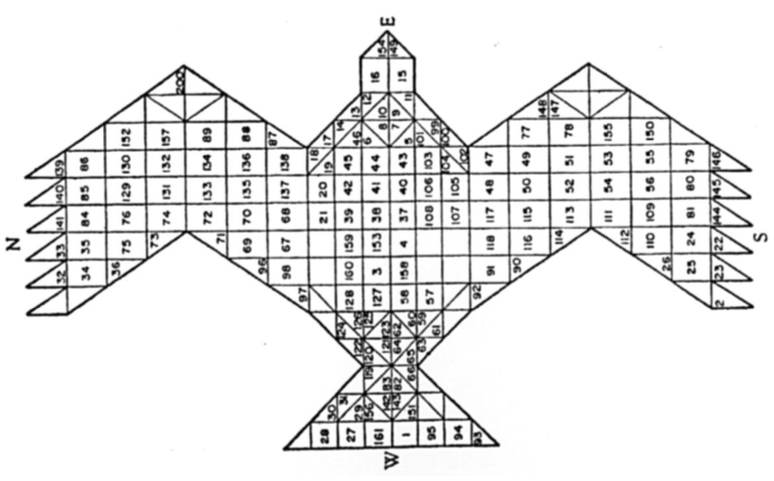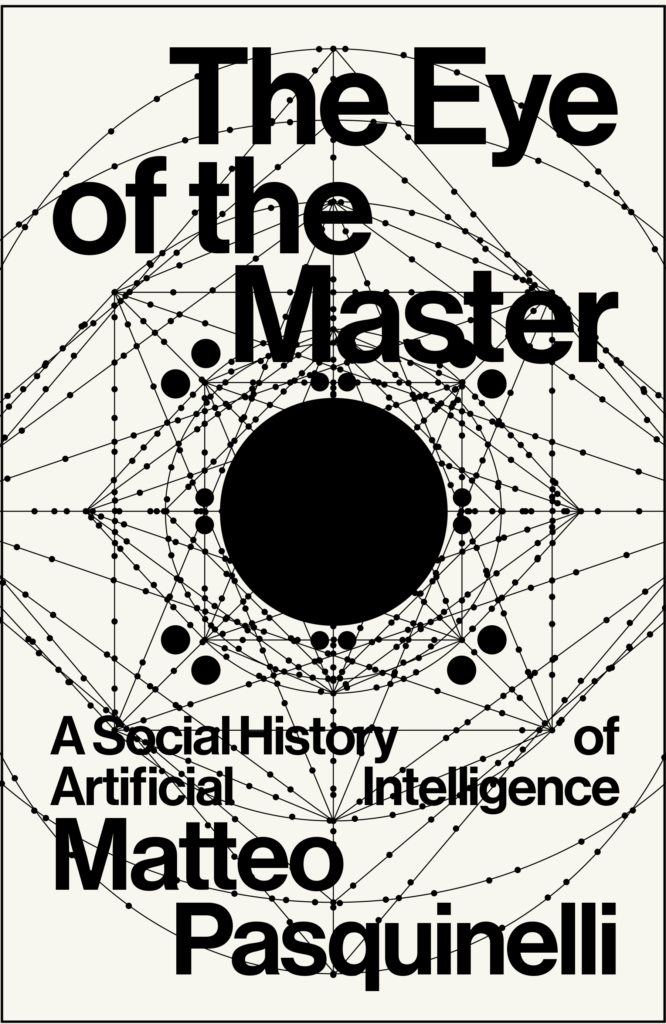
As the mathematician Jean-Luc Chabert noted: “Algorithms have been around since the beginning of time and existed well before a special word had been coined to describe them. Algorithms are not confined to mathematics. The Babylonians used them for deciding points of law, Latin teachers used them to get the grammar right, and they have been used in all cultures for predicting the future, for deciding medical treatment, or for preparing food.” Algorithms emerged from ritual practices and the organisation of the social life. Similarly, today the algorithms of machine learning and AI emerge from personal data and collective behaviours. Our perspective about the algorithms of AI, then, have to change. Algorithms are usually perceived to be the application of complex mathematical formulas in the abstract. On the contrary, even the most complex algorithms always emerge from material practices: they are emergent processes that materialise out of a previous and spontaneous division of space, time and labour.
Matteo Pasquinelli, “3000 Years of Algorithmic Rituals: The Emergence of AI from the Computation of Space,” e-flux journal #101, June 2019. +PDF
Portoguese trans.: ‘Três mil anos de rituais algorítmicos: a emergência da inteligência artificial a partir da computação do espaço’, in A Produção do Mundo: Problemas Logísticos e Sítios Críticos, edited by Andrea Pavoni and Franco Tomassoni, Lisboa: Outro Modo Cooperativa Cultural, 2022, 63-79. +PDF

